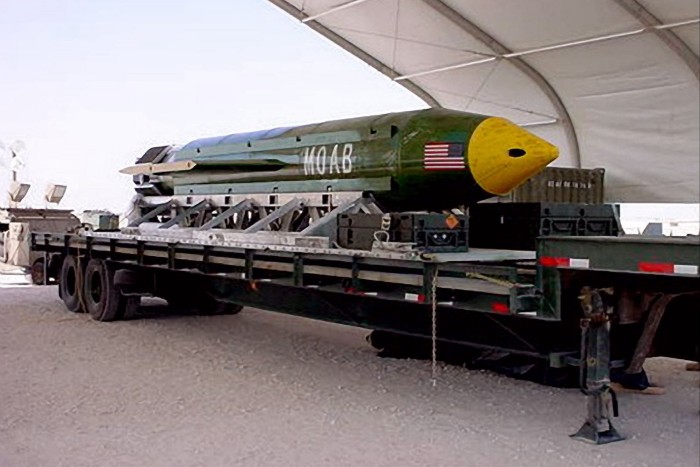Apple says Trump’s tariffs will boost costs by $900mn in June quarter

Unlock the Editor’s Digest for free
Roula Khalaf, Editor of the FT, selects her favourite stories in this weekly newsletter.
Apple chief executive Tim Cook has warned that Donald Trump’s tariffs will increase costs by $900mn in the quarter to the end of June, marking the latest sign of how the levies are cascading across corporate America.
Cook said in a call with analysts on Thursday evening that “assuming the current global tariff rates . . . do not change for the balance of the quarter, and no new tariffs are added, we estimate the impact to add $900mn to our costs”.
But he said the uncertain tariff environment had made it “very difficult to predict beyond June” how the levies would affect Apple’s costs.
The remarks are the latest sign of how Trump’s levies on trading partners are already affecting the US’s largest companies. Fellow tech behemoth Amazon on Thursday added “tariff and trade policies” to the list of factors that posed a risk to its earnings, while McDonald’s said economic jitters were weighing on its customers.
Trump on April 2 announced steep “reciprocal” tariffs on a number of countries. While the US has temporarily exempted smartphones from its 125 per cent “reciprocal” tariffs on China, Apple is still affected by an existing 20 per cent tariff on Chinese imports.
Cook noted that in the quarter to the end of June, “we do expect the majority of iPhones sold in the US will have India as their country of origin”. Vietnam would meanwhile supply Mac, Watch and AirPods products for the US, while China would remain responsible for the “vast majority” of product sales outside of the US, he said.
“What we learned some time ago was that having everything in one location had too much risk with it, and so we have over time, with certain parts of the supply chain, not the whole thing . . . opened up new sources of supply,” Cook said. “You could see that kind of thing continuing in the future.”
The Financial Times reported last week that Apple plans to shift the assembly of all US-sold iPhones to India as soon as next year.
Despite the warning, the group said on Thursday that demand for iPhones had remained robust early in 2025.
Apple’s shares fell almost 4 per cent in after-hours trading on Thursday.
The company reported revenue of $95.4bn for the quarter ending March 29, up 5 per cent year on year and slightly above consensus estimates of $94.6bn. Net income was $24.8bn, also slightly beating estimates of $24.5bn and up 5 per cent on the same period for the previous year.
Revenue for the iPhone, Apple’s flagship product, was $46.8bn, up 2 per cent year on year.
China revenue fell slightly to $16bn, down 2.4 per cent, reflecting the competitive challenge Apple has faced from local smartphone makers in recent quarters. Its services business, which includes the App Store, iCloud and Apple Pay, continued to show strong growth, rising 12 per cent to $26.6bn.
Apple chief financial officer Kevan Parekh told the Financial Times there had been no sign of a short-term uptick in consumer demand to get ahead of the April tariffs.
“For the March quarter we don’t believe we saw any strong evidence of pull-ahead demand that impacted our results,” Parekh said.
In China, the company had seen an improvement from the previous quarter in its results, Parekh noted, with sales “roughly flat” when adjusting for foreign currency changes. Apple’s China sales had fallen 11 per cent year on year in the previous quarter.
Apple’s board approved a 4 per cent increase in its dividend and up to $100bn in share buybacks, broadly in line with the previous year.





